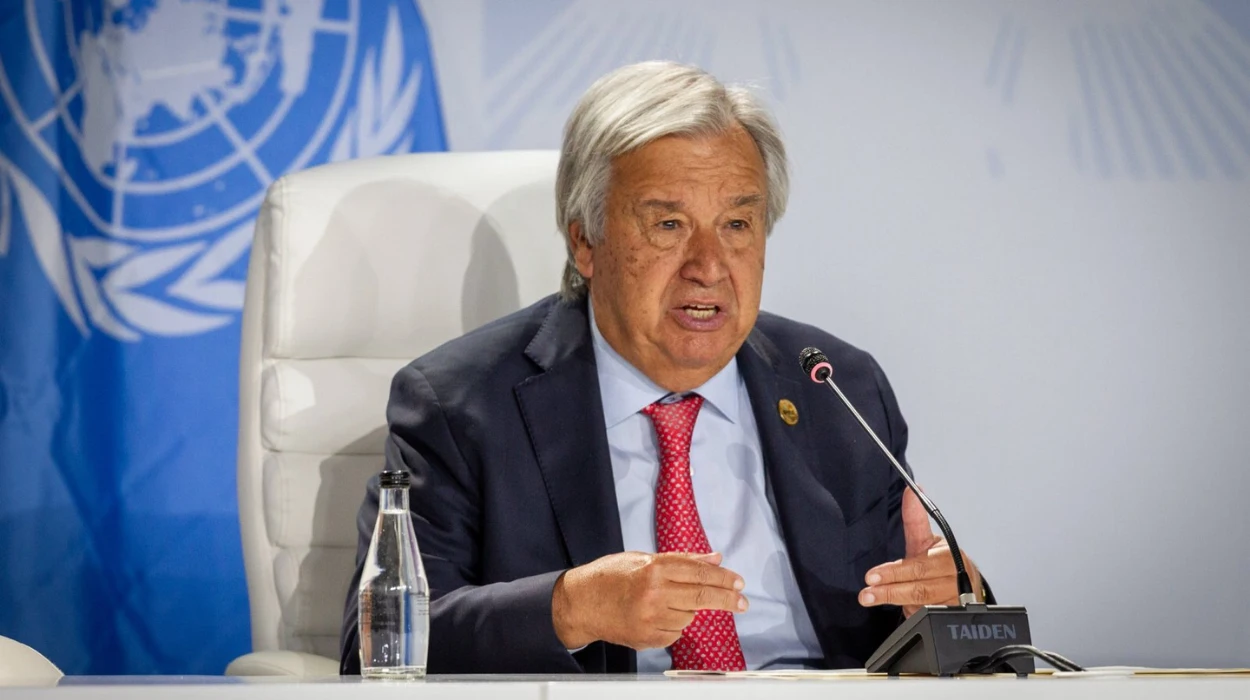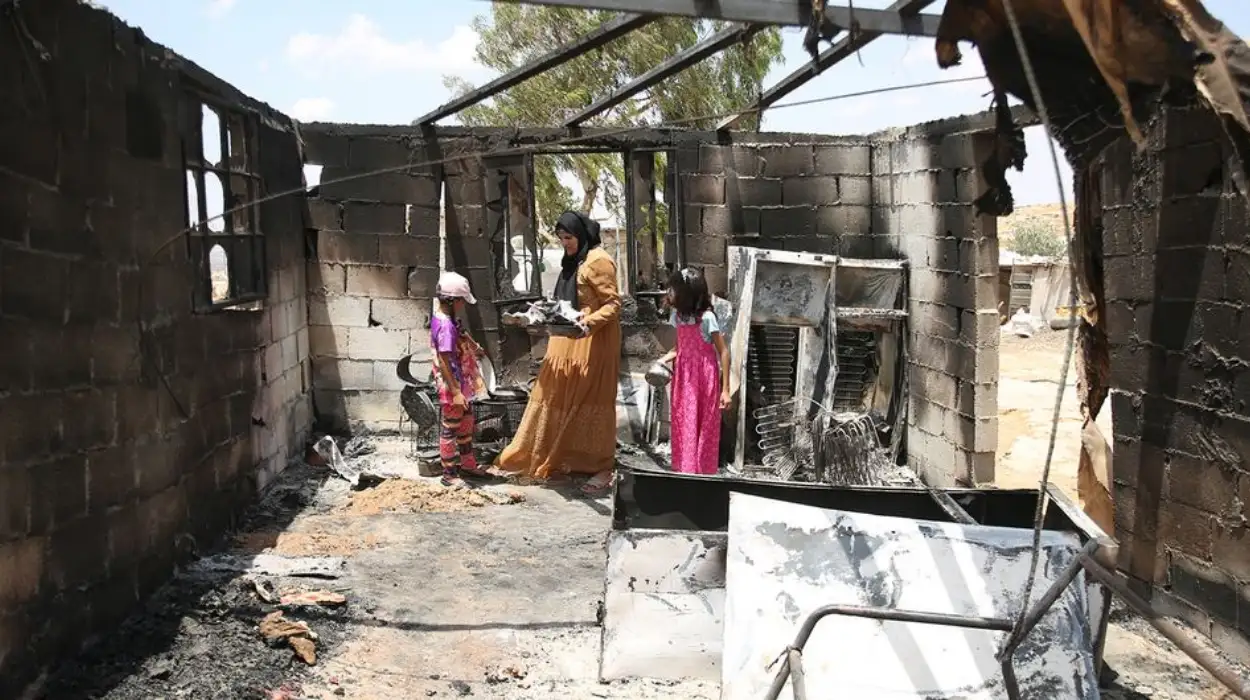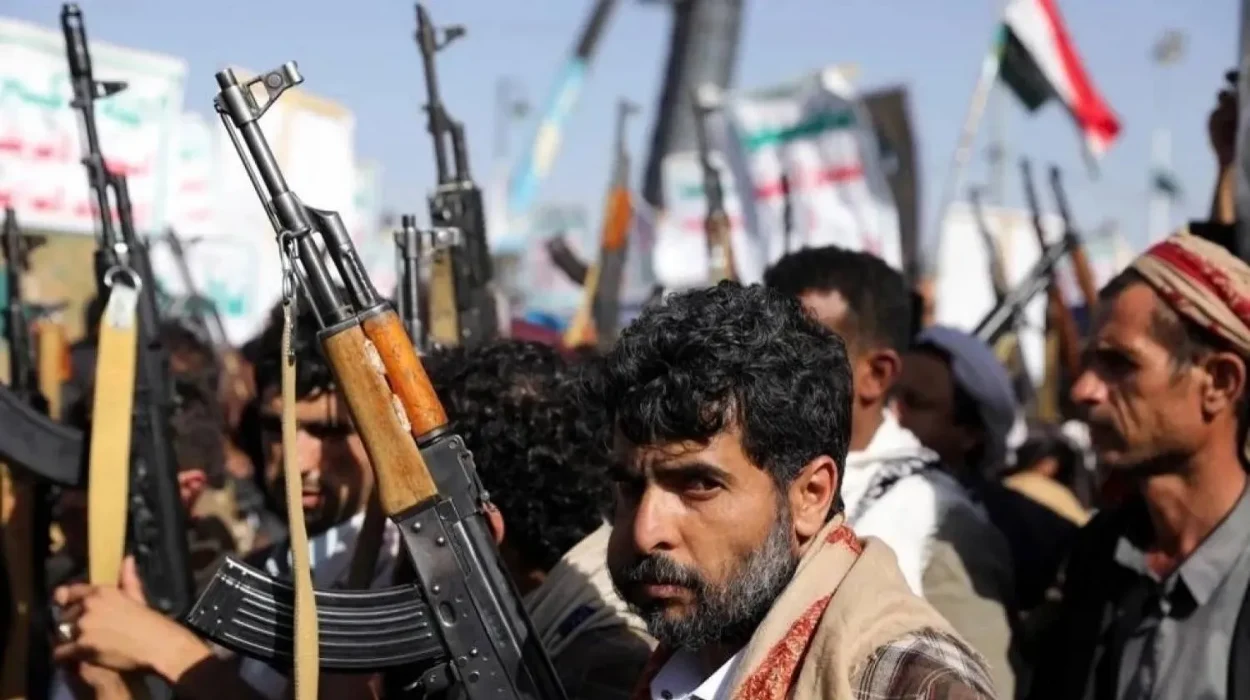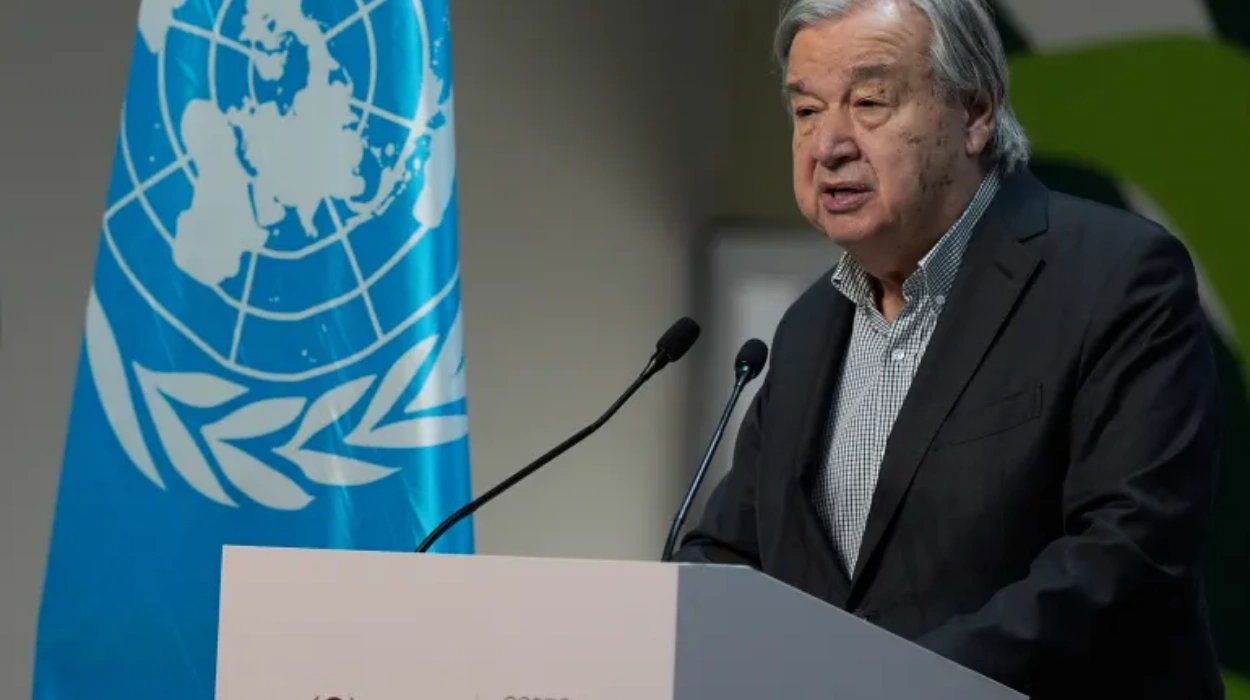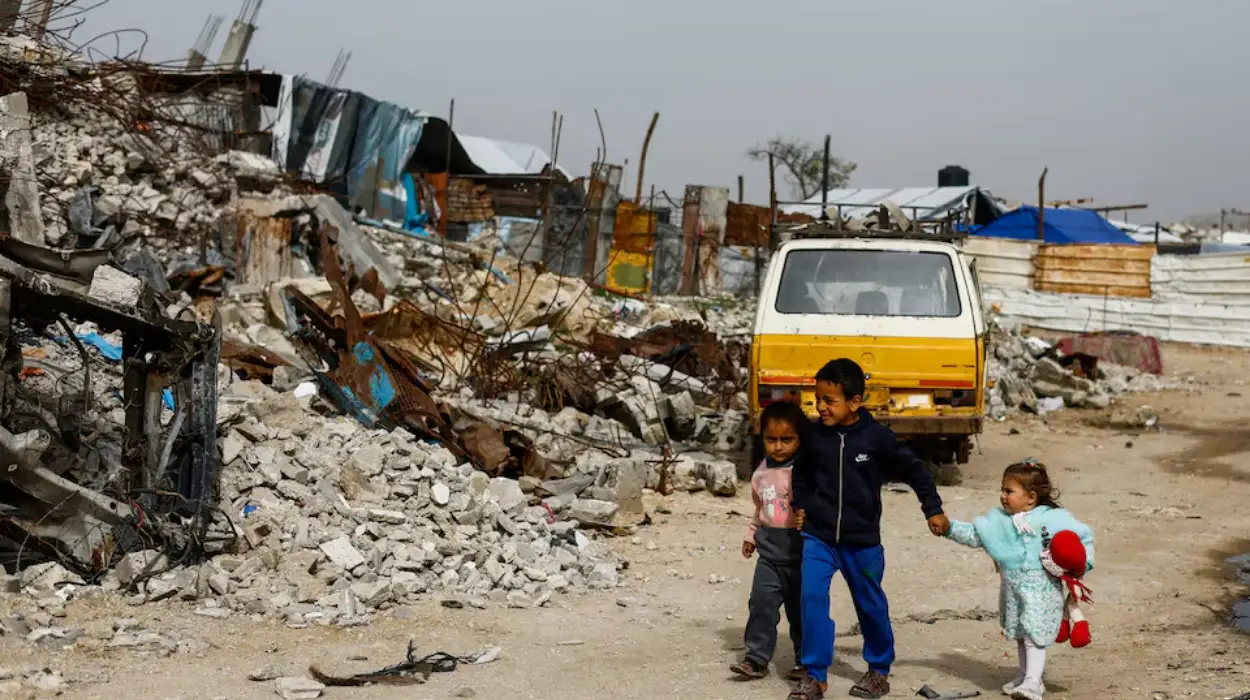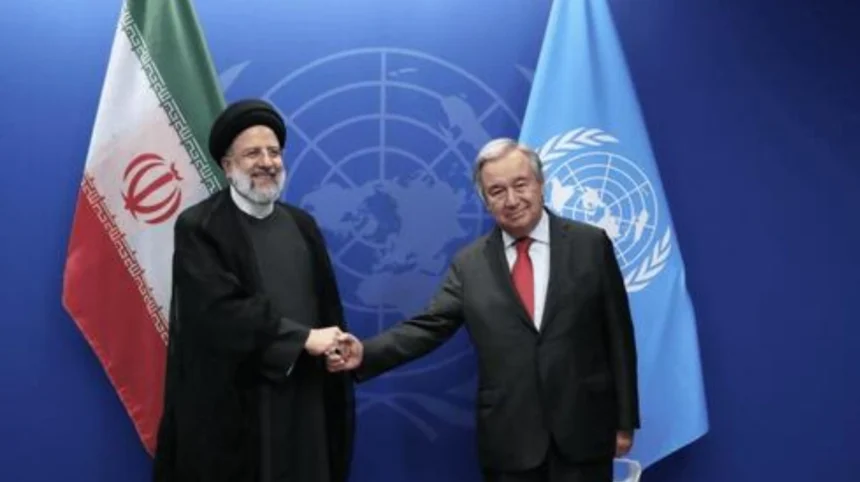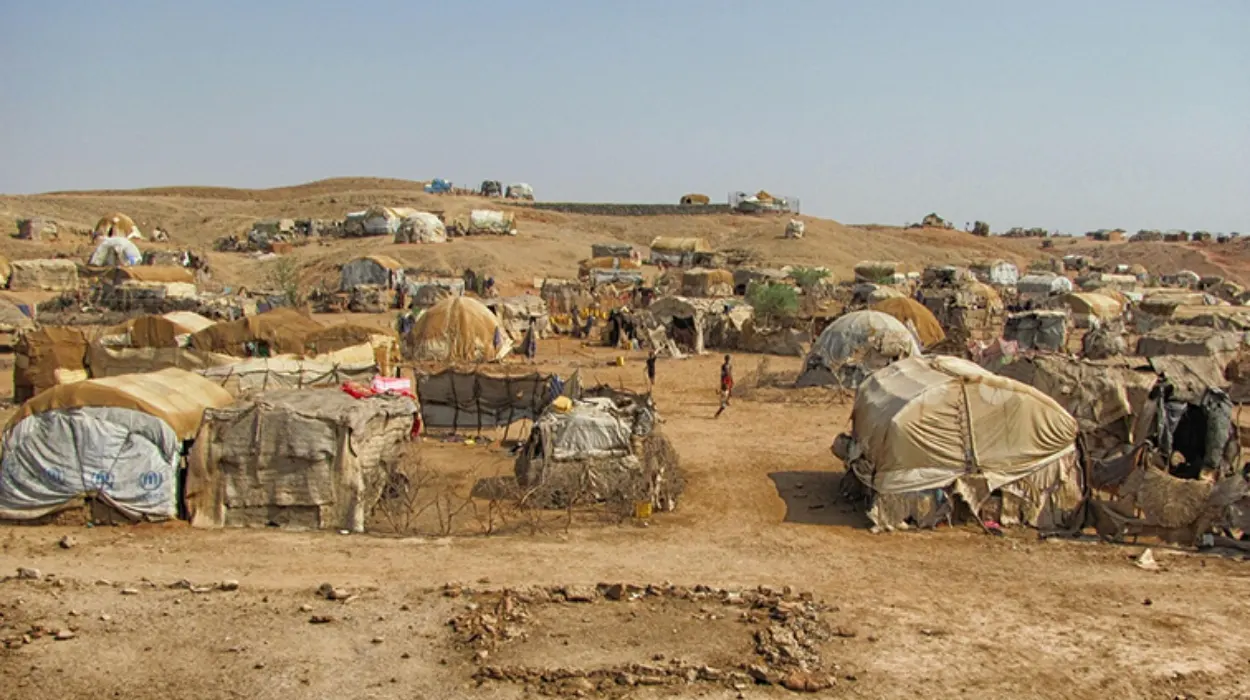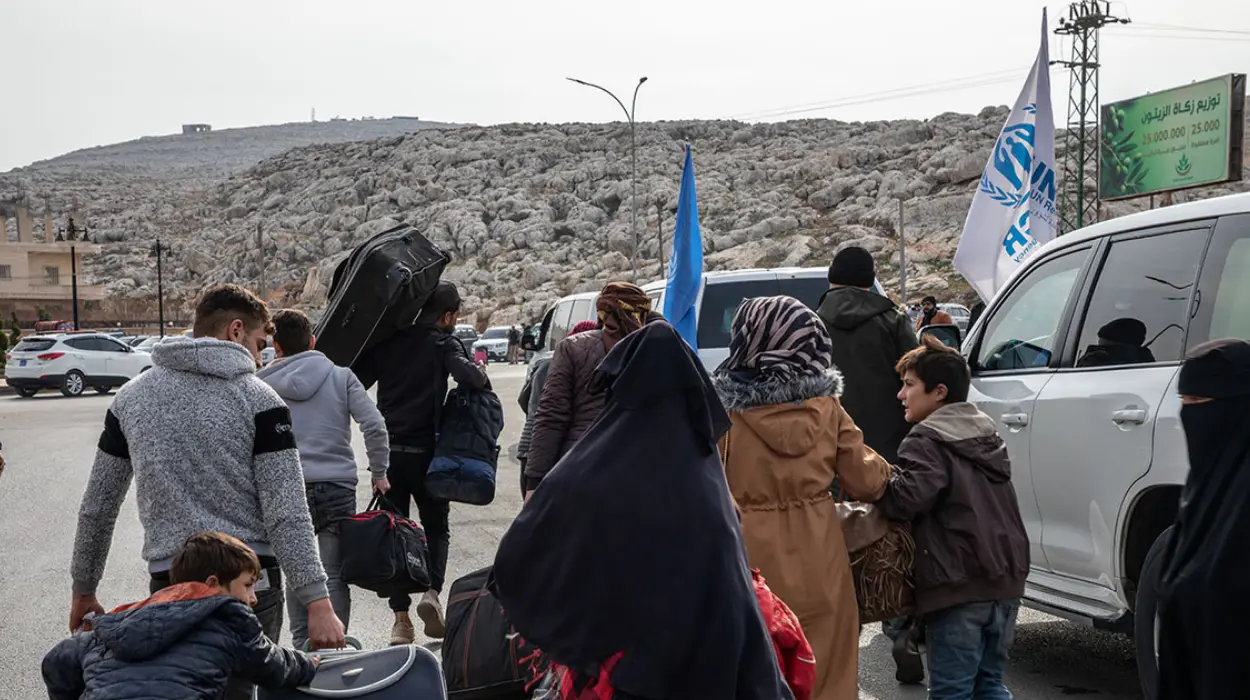The United Nations Human Rights Council is in global spotlight after Afsaneh Nadipour, who was a former Iranian diplomat close to the Islamic Republic, was shortlisted for its Advisory Committee. Due for consideration on October 8, 2025, her proposed appointment has stoked worries over the UN’s ability to continue its human rights principles in the face of a politically unstable world.
Nadipour’s nomination has been met with vociferous protests from civil society, especially Iranian diaspora communities, who argue that her history of defending the actions of the Iranian regime is directly in conflict with both the UN Charter and the spirit of the Universal Declaration of Human Rights. Having previously been an ambassador and public advocate of Tehran’s foreign positions, her potential appointment is seen widely as being incompatible with the independent research-driven mandate of the Advisory Committee.
Iran’s Human Rights Record And Advisory Committee Criticism
Iran’s standing on human rights issues continues to deteriorate. According to reports Iran’s record on human rights abuses remains bad. Over 1,000 executions have been reported in 2024 alone, and hundreds more have been documented through mid-2025, based on reports from Iranian opposition groups and confirmed by independent monitors. They include an increasing number of political prisoners, minority activists, and women arrested for alleged offenses against morality laws. The UN has adopted over 70 resolutions denouncing such abuses, including the Special Rapporteur on Iran’s description of patterns of repression that would qualify as crimes against humanity.
The outrage over Nadipour’s nomination extends beyond her background; it is also about what her nomination would signify. Critics argue that assenting to the appointment of an individual directly connected with a widely proscribed regime to an influence-policy human rights body could irretrievably damage confidence in the commitment of the UN to impartiality and justice. The Advisory Committee is not symbolic. It has duties to counsel on international human rights norms, mandates, and early warnings of potential crimes against humanity roles that rely on independence and moral uprightness.
Stakeholder Reactions And Multilateral Integrity
Resistance to the nomination has been on the increase in a number of advocacy networks. The National Council of Resistance of Iran (NCRI), or specifically its Women’s Committee, directly addressed the UN High Commissioner and the Asian Group within whose auspices Iran’s nomination falls with a request that they reject the appointment. Their reasons lie in the damage to the reputation of the Council and the broader message that such an appointment would send to victims and human rights violators alike.
The criteria for Advisory Committee member selection, as enunciated in UN reports, include independence of government control and a track record of promoting universal rights. A nomination of a recognizable regime representative raises serious questions about whether political convenience is replacing procedural obstacles meant to prevent the undermining of the institution’s legitimacy. The question here is whether the Council can impose its own rules in the face of diplomatic pressure from states intent on redressing their reputations through institutional channels.
Global Debate Over Rights Norms And Credibility Gaps
The scandal is not just about Nadipour and Iran but also is on the question of a systemic flaw within global multilateral bodies that is the susceptibility of human rights agencies to being manipulated by repressive states. Earlier scandals, like the election to the Human Rights Council by states with abysmal human rights records, have been quoted by critics as cases of self-inflicted reputational blows that weaken the global community’s credibility to act against abuse.
The process of appointment itself, critics observe, must serve as a firewall against such risks. Yet procedural closure and bloc voting patterns all too frequently leave momentous decisions in the hands of backroom negotiations over public assessment. The Advisory Committee’s current predicament therefore reflects starkly the reverse image of how institutional weakness can be exploited to lend credibility to governments whose records suggest the contrary.
Integrity Of The Nomination Process And UN Mandate
United Nations standards for process emphasize merit-based appointment on grounds of independence and expertise. The members of the Advisory Committee are supposed to offer research and policy advice without espousing national interests. These include offering support mechanisms for monitoring genocide, war crimes, ethnic cleansing, and systematic repression. These responsibilities demand not only academic competence but also moral independence, a quality critics claim is in fact lacking in Nadipour’s candidacy.
Jurists and commentators have noted that if the nomination proceeds, it would be a deviation from those foundational principles. Even as member states have the sovereignty in nominating candidates, the Council, in the last analysis, possesses an institutional duty to vet and, if necessary, decline proposals contrary to its founding mandate. The Nadipour case is thus a test of personal fitness as well as it is a test of the Council’s determination to police its own boundaries.
The Advisory Committee’s Responsibilities And Risks Of Politicization
The Advisory Committee has a central role in formulating the Human Rights Council’s future agenda. Whether it is setting guidelines on digital rights and climate justice or counselling on gender-based violence and disinformation, the Committee’s role is significant. Allowing members seen as beholden to authoritarian regimes to join the Committee jeopardizes injecting political agendas into what must be a neutral and technocratic exercise.
There is a particular fear that individuals with ties to abusive regimes would use their positions to dilute essential questions, obstruct special rapporteur visits, or advance alternative narratives that justify repression in the cause of sovereignty. Such outcomes would not only discredit the efforts of the Committee but also embolden states determined to justify repressive means under international cover.
Impact And Perspectives From The Advocacy Community
This potential nomination has set off widespread opposition far beyond the Iranian exile community. Prominent human rights advocates and international law experts also have weighed in for reconsideration. Among the most effective advocates, Hanif Jazayeri highlighted the broader stakes in a statement posted on social media last week. He warned that Nadipour’s nomination “may irreparably harm trust in the Council’s mission and embolden abusers around the world,” underscoring the symbolic and practical consequences of accepting a compromise on fundamental principles.
These views are not isolated. Throughout the wider human rights environment, anxiety exists that institutions designed to protect the vulnerable are being turned into mechanisms for legitimation by the actors responsible for abuses. Such risk is particularly acute when those tied to repression are granted access into the internal decision-making processes that have an impact on the UN’s responses to crises and policy formulation.
The effects of this nomination will be felt beyond Geneva. This is a significant opportunity for the United Nations to confirm that its commitment to rights and accountability is not motivated by political expediency. As the Council is prepared for its ultimate decision, other stakeholders and audiences worldwide will scrutinize the process—not only to see if Afsaneh Nadipour is appointed but because they want to see whether there still exist clearly defined lines in the international system between violators and protectors of the dignity of people.


